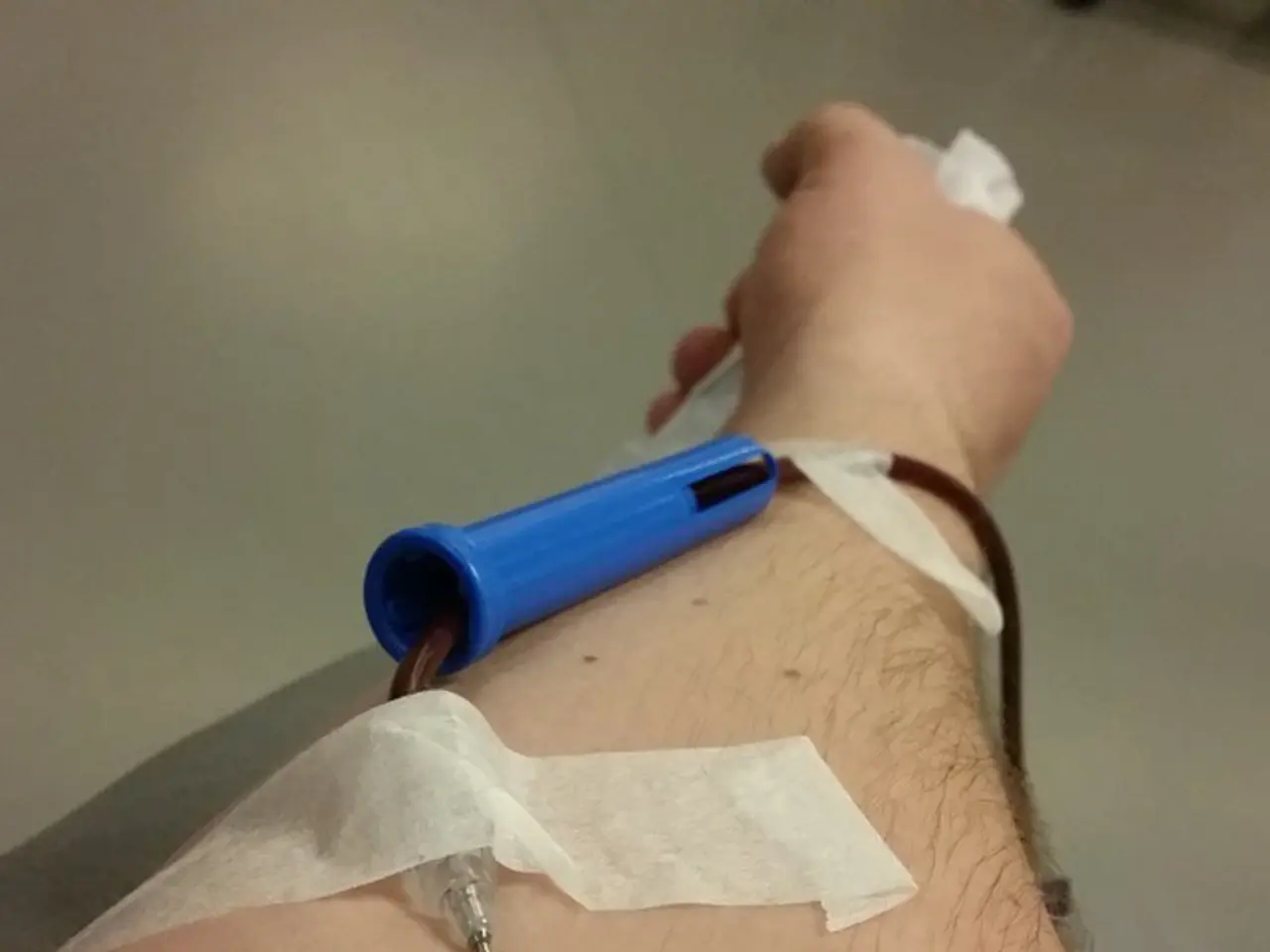Impact of Gratitude in Adult Mental Health Focus
In today's fast-paced world, it's easy to get caught up in the hustle and bustle, often forgetting to appreciate the small things that make life worth living. However, a growing body of research suggests that cultivating gratitude could be a game-changer for our overall well-being.
By consciously focusing on the things we're thankful for, we can elevate our mood, experience more joy, and foster a more positive mindset. This simple practice has been linked to a host of benefits, from reducing symptoms of anxiety and depression to boosting happiness levels by up to 25%.
Gratitude doesn't just benefit our mental health; it also has a protective effect on our physical health. For instance, it may reduce the risk of cardiovascular disease and correlate with better perceived physical health among adults. Moreover, grateful individuals are more likely to engage in healthy behaviours like exercise and healthy eating.
The benefits of gratitude extend beyond the individual, fostering stronger connections and nurturing more fulfilling bonds. Expressing gratitude towards others deepens our relationships, promoting empathy and compassion, and enhancing social cohesion. Gratitude also encourages positive reciprocal actions from others, fostering mutual trust and cooperation.
Gratitude interventions, such as gratitude journaling, have been empirically shown to produce small but significant improvements in overall well-being, including increases in life satisfaction and reductions in depression symptoms. These practices also improve psychosocial variables like positive affect, self-esteem, and social well-being, as well as physiological markers related to health.
In therapeutic settings, gratitude interventions are used to enhance mental health by promoting positive emotional states, which can counteract negative emotions and symptoms of depression. They are often integrated into psychological therapies and wellness programs as low-cost, accessible, and scalable tools to boost emotional resilience and life satisfaction.
In summary, while the effects of gratitude interventions on well-being may seem statistically small, they are consistent and span emotional, psychological, and some physical health domains. This makes gratitude practices valuable complementary approaches in therapeutic and self-help settings. By incorporating gratitude into our daily lives, we can create a ripple effect of positivity, strengthening our relationships and communities.
- Adopting mindfulness techniques like gratitude journaling can lead to a more positive mindset, promoting better mental health and emotional resilience.
- Research in the field of health-and-wellness has shown that practicing gratitude can boost our overall well-being by reducing symptoms of anxiety and depression, and increasing happiness levels.
- Gratitude not only positively impacts our mental health but also our physical health, lowering the risk of cardiovascular disease and improving perceived physical health among adults.
- By fostering empathy, compassion, and deeper relationships, gratitude contributes to stronger social bonds and promoting a healthier, more fulfilling lifestyle.




